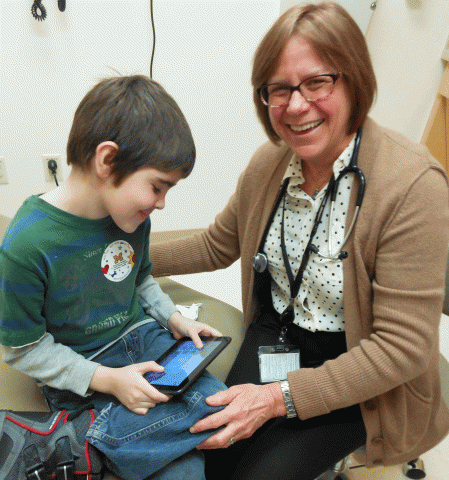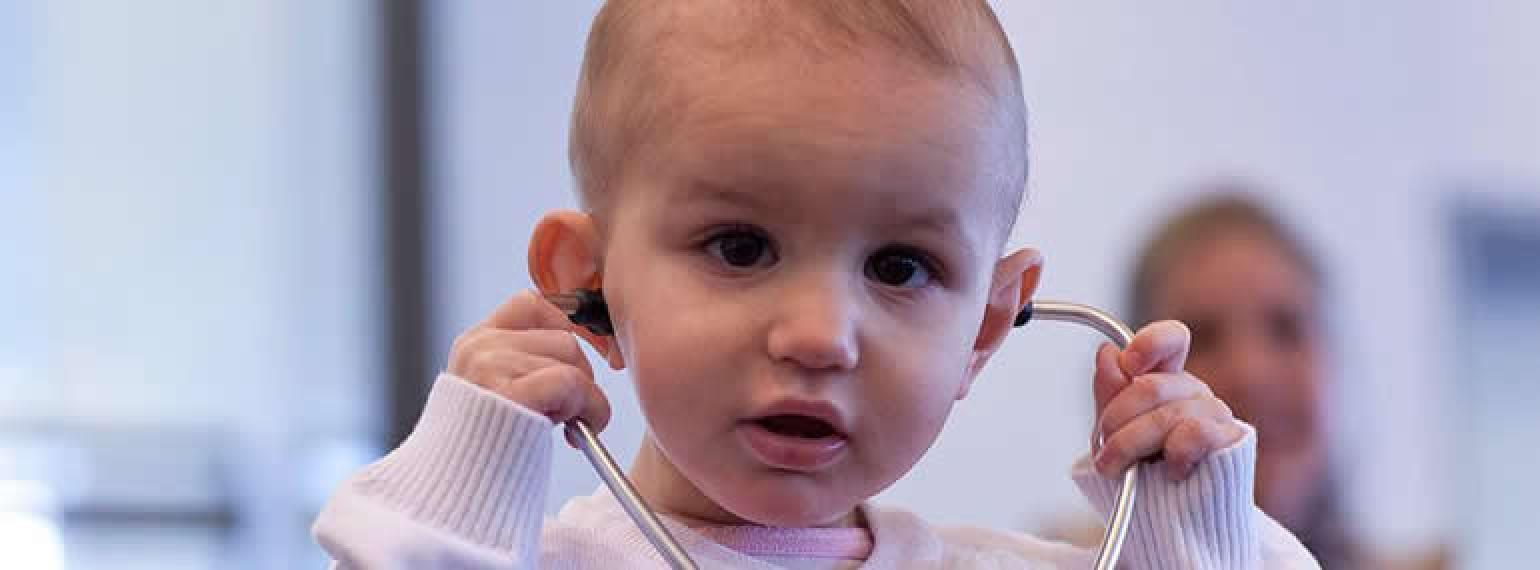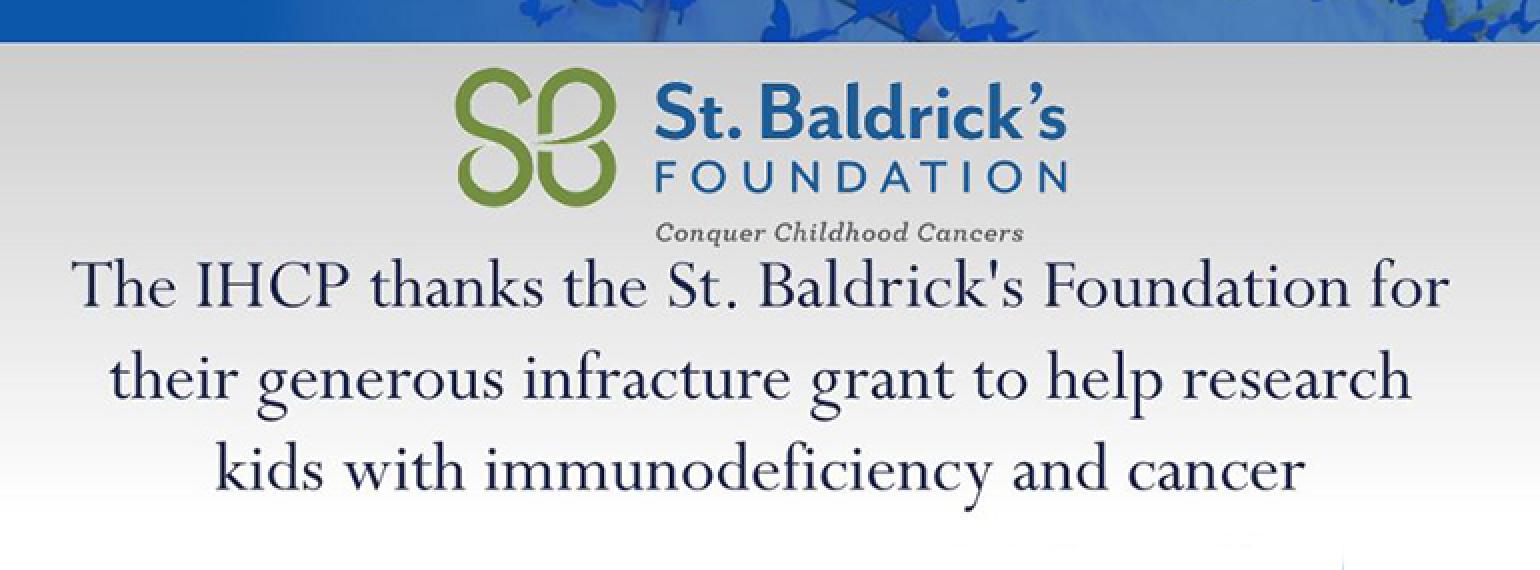
The Immuno-Hematology Comprehensive Program (IHCP) at the University of Michigan was established in January 2012 as a multi-dimensional investment in the clinical care, research and education of disorders involving the immune and blood systems. With over 200 immune- and blood-based disorders described that vary in presentation and severity, it is critical for patients and families to have an expert clinical team for rapid diagnosis and management. Our Immuno-Hematology Comprehensive Clinic (IHCC) brings together dedicated physicians – from hematology, infectious disease, immunology/allergy, genetics and bone marrow transplant – as well as an integrated care team of nurse practitioners, pharmacists, social workers, child life specialists and nurses – to deliver unsurpassed comprehensive care and resources in a family-friendly setting. Within the IHCC, we focus on patients with immune deficiencies, bone marrow failure syndromes, lymphoproliferative diseases, neutrophil disorders and other immune-mediated conditions. While diverse in etiology and presentation, immuno-hematologic diseases share themes for research such as derangement of defense mechanisms leading to infection, inflammation, auto-immunity, and malignancy.
In order to fully elucidate disease-driving mechanisms, our clinic physicians, partnering with clinical, translational and bench-scientists across the University of Michigan campus and beyond, are involved in ground-breaking research to understand, diagnose and treat these rare and serious diseases. The IHCP also feels strongly about providing medical trainees with a solid academic foundation of the immune and hematologic systems and the opportunity to learn and research immuno-hematologic conditions.
Within the IHCP we have established a novel formal immuno-hematology curriculum as well as multiple training pathways, including a medical student elective, medical student immuno-hematology training program and a dedicated immuno-hematology fellowship that allow our trainees the chance to interact with patients directly, experience hands-on research and launch a career in the field.







